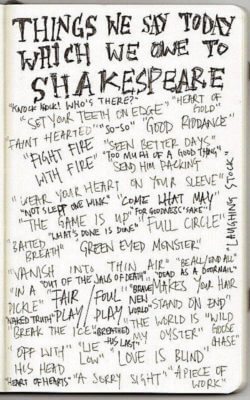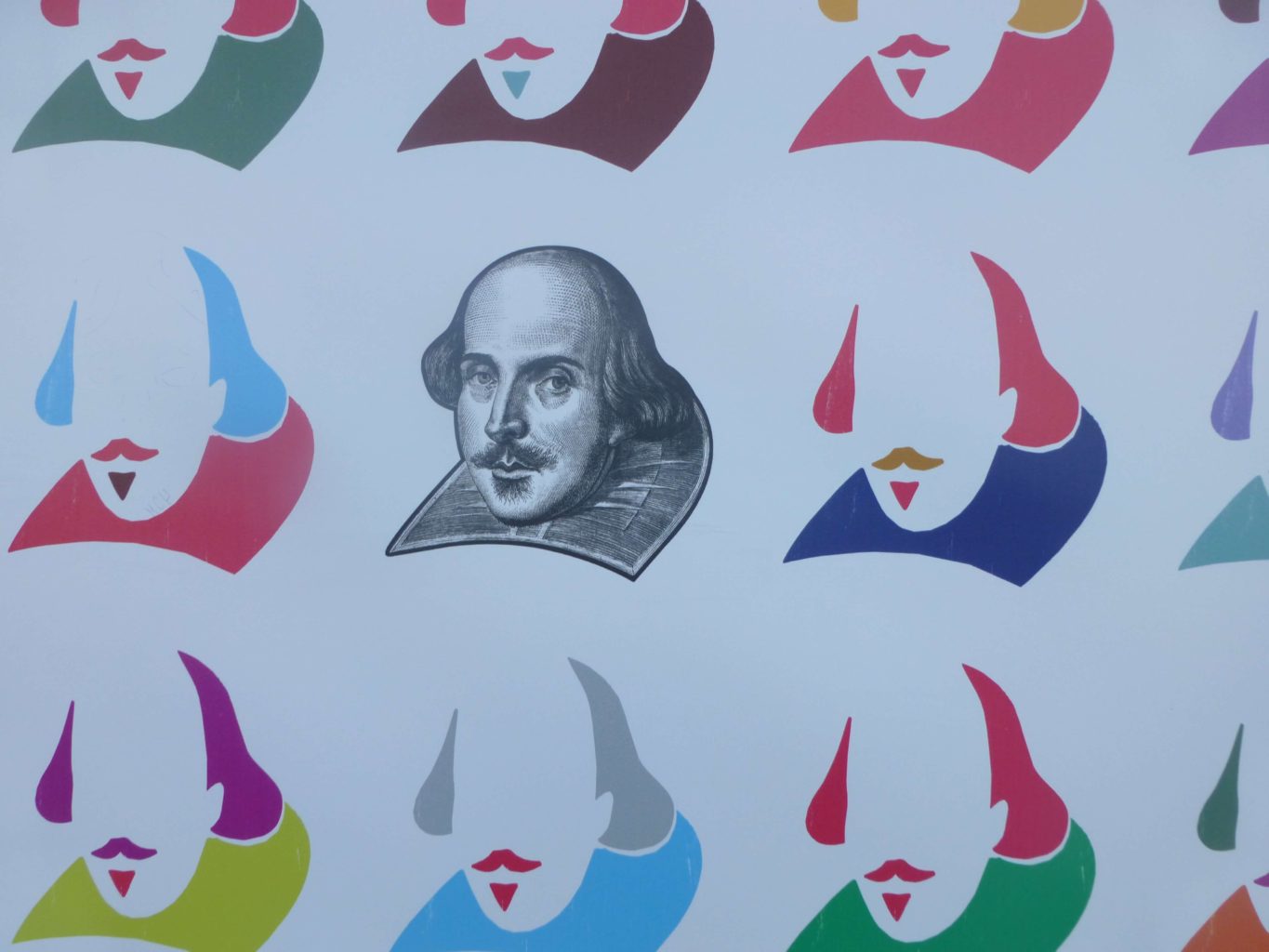Thanks to Shakespeare, the world is our oyster
Today (23 April) marks the 400th anniversary of the death of William Shakespeare. He is considered by many to be the best English playwright ever and most of his plays are still regularly performed around the world every year. But how has his work stood the test of time? Why is he still such a cornerstone of our GCSE English syllabus? Why is reading, watching and performing Shakespeare still so important?
Well, for one thing, he tells great stories of all different kinds. Shakespeare did not confine himself to one genre – he wrote romances, historical stories, tragedies, comedies, supernatural stories, fairy tales, adventures and melodramas. He often blends these genres and tells compelling tales about love, family and friendship, as well as murder, cannibalism and ghosts. As you can see, there really is something for everyone!
Who cannot relate to stories about love, family, friendship, jealousy, vengeance, honour, treachery, bravery, political intrigue, justice and war in some capacity?
His tales also touch on timeless and universal themes. Who cannot relate to stories about love, fam ily, friendship, jealousy, vengeance, honour, treachery, bravery, political intrigue, justice, and war in some capacity? He captures and illuminates the imperfection and greatness of humanity in deft and emotive pen strokes. Though writing about vastly different settings and times – often reworking old stories or chapters of history – Shakespeare made the stories relevant for his audience of the time, and they remain so today.
ily, friendship, jealousy, vengeance, honour, treachery, bravery, political intrigue, justice, and war in some capacity? He captures and illuminates the imperfection and greatness of humanity in deft and emotive pen strokes. Though writing about vastly different settings and times – often reworking old stories or chapters of history – Shakespeare made the stories relevant for his audience of the time, and they remain so today.
Shakespeare’s characters – although often kings and queens and noblemen and women – are incredibly real and relatable. They are complex and imperfect, sometimes likeable, sometimes not. People are hard pushed not to find a character they relate to in some capacity. Shakespeare was also forward-thinking in his characterisation – he gave the lower classes, as well as royalty a voice. He also presented well-formed, strong and varied female as well as male characters – impressive considering women weren’t even allowed to perform on stage in his day!
He captures and illuminates the imperfection and greatness of humanity in deft and emotive pen strokes
His writing style is dense, there is no doubt, but it is also beautiful. He also revolutionised the English language: we have Shakespeare to thank for many of the words and phrases we use today. It is estimated he introduced more than 1,700 new words and phrases to the language. For example, if you have ever suffered from green-eyed jealousy, been told the world is your oyster, been bid good riddance or told you have a heart of gold – that’s Shakespeare!
It is important that we study Shakespeare, but I do think that he is often too revered. Shakespeare was the mass-media of his day – he was for everyone, much like modern day soap operas! His jokes are often rude (and genitalia-based), and I think that we should be encouraged to laugh at Shakespeare’s dramas, to change them, to modernise them, to read them with all the notes alongside if need be, to see school performances as well as those at the RSC. I don’t think we should take it too seriously. You might not understand it all, but as long as you get the gist, you can enjoy Shakespeare. Get out there and enjoy the Bard – the world is your oyster!
Image Credits: Shani Thorpe / Flickr (Header), TRF_Mr_Hyde / Flickr (Image 1)

Comments